
In this period of astonishing energy and public discussion about the state of policing, detention, imprisonment, sentencing, and surveillance, CR is excited to release this new video series, Breaking Down the Prison Industrial Complex, as part of our Profiles in Abolition initiative. The videos explore the current state of the prison industrial complex (PIC) and how people are fighting back to resist and abolish it. As always, we feature abolition as a strategy to dismantle systems of harm and punishment in favor of systems that increase health, stability, and self-determination.
Please share these videos broadly and help amplify abolition as an irresistible vision and practical organizing strategy.
Do you find these videos useful? Considering making a donation to Critical Resistance today.
What is the Prison Industrial Complex?
In this first release of videos, we seek to sharpen a shared understanding understanding what the prison industrial complex (PIC) is and how it functions. An abolitionist approach to fighting the PIC means that we have an understanding of the forces at play and its impact.
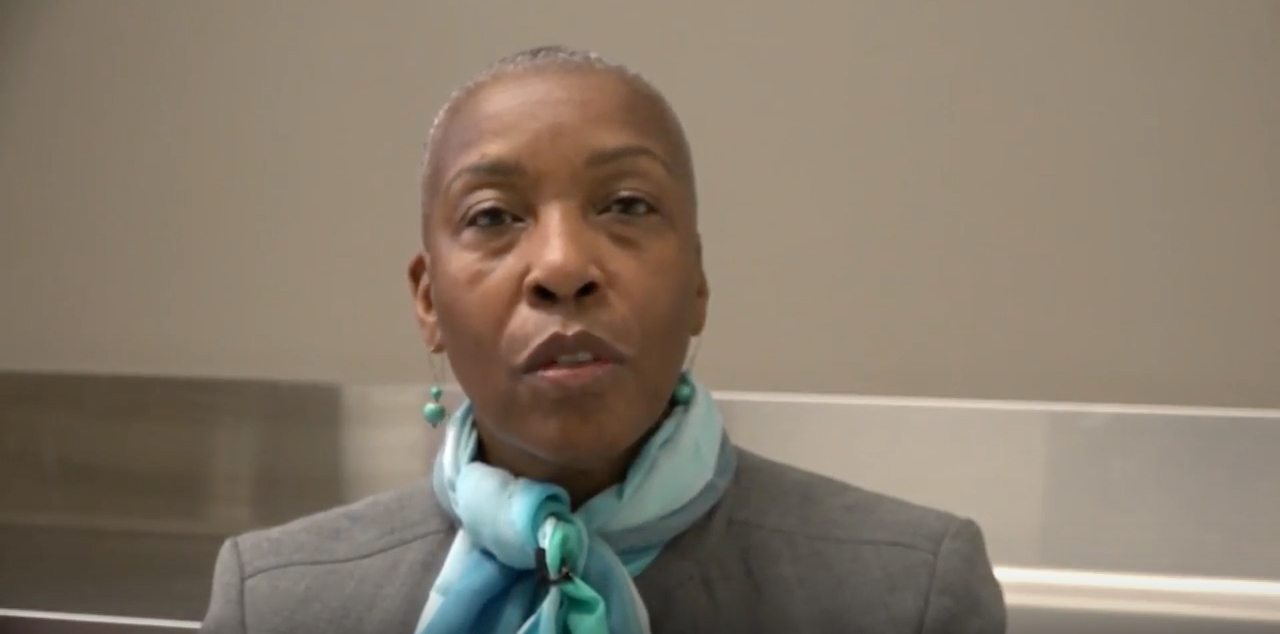
State Sanctioned Repression
Soffiyah Elijah, executive director, Alliance of Families for Justice
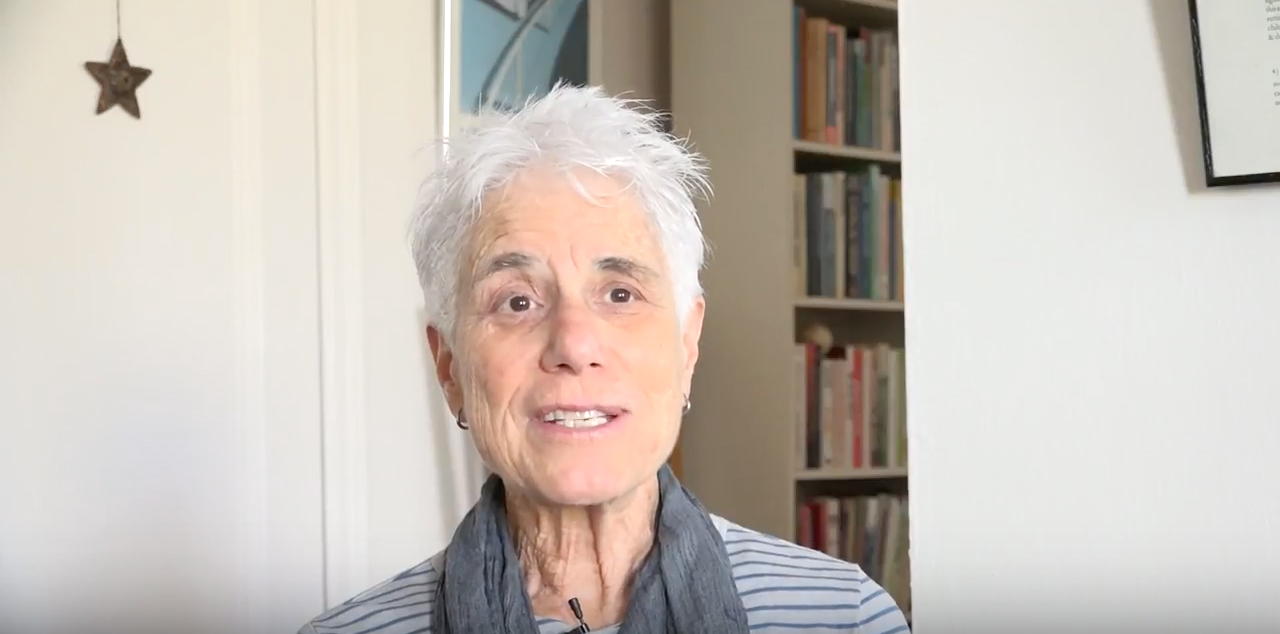
The Prison Industrial Complex
Laura Whitehorn, formerly incarcerated political prisoner, organizer, Release Aging People in Prison/RAPP

What is the Prison Industrial Complex?
Maya Schenwar, Editor-in-Chief of Truthout and author of “Locked Down, Locked Out: Why Prison Doesn't Work and How We Can Do Better”

What is the Prison Industrial Complex?
Mary Hooks, Co-Director of Southerners on New Ground (SONG)
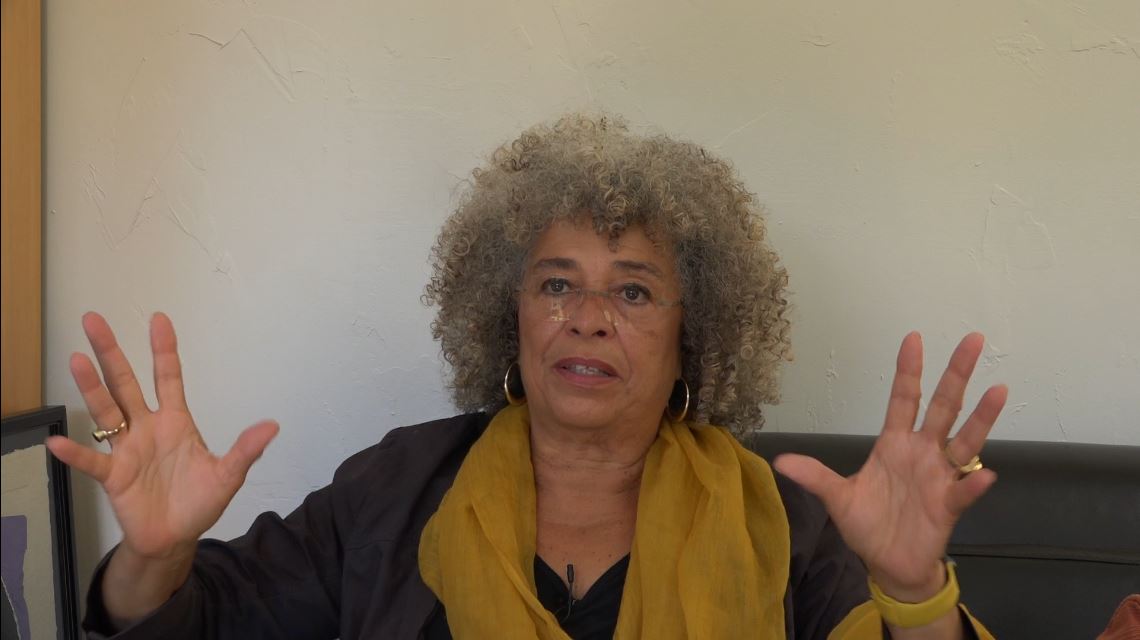
The Shifting Concept of the Prison Industrial Complex
Angela Davis, Social Justice Activist and Scholar
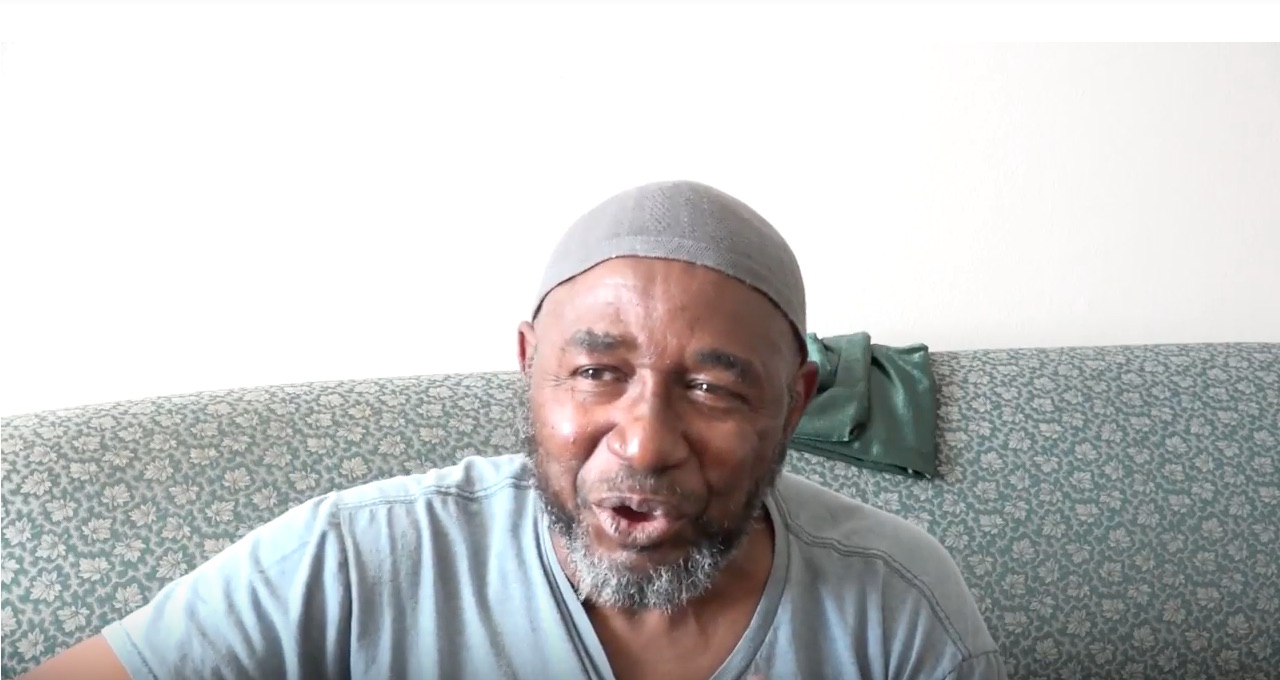
Muslims, New Afrikans, and US Empire
Masai Ehehosi, Critical Resistance
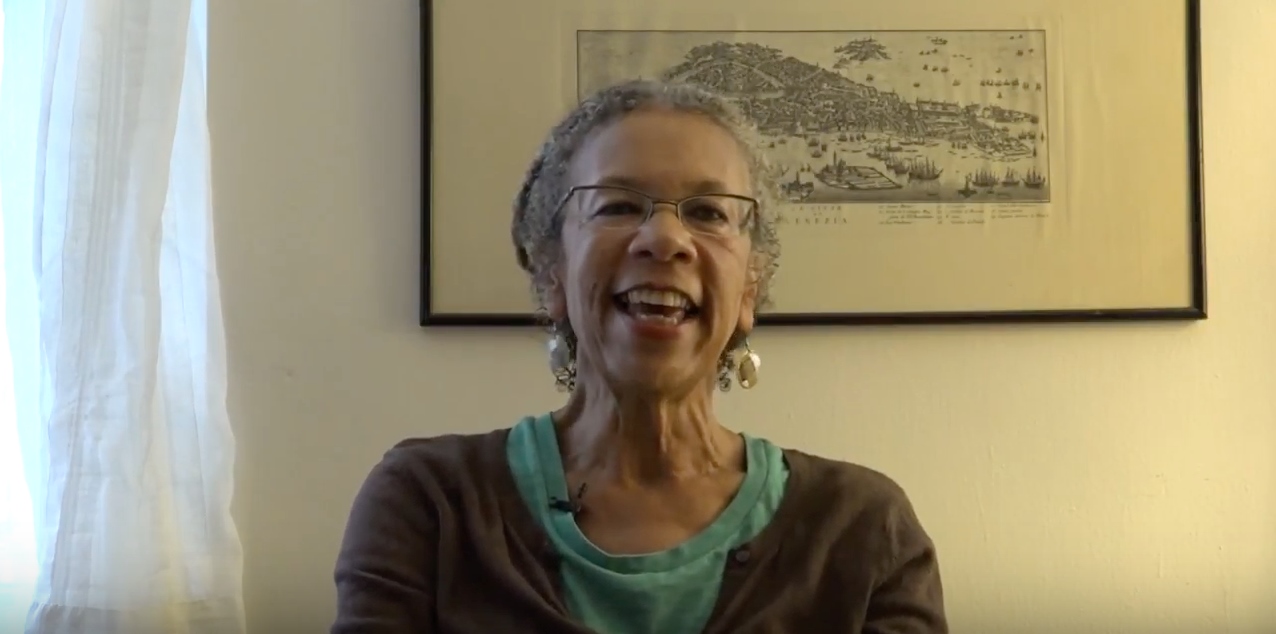
Documented Not To Work
Ruthie Gilmore, Critical Resistance 1997 Organizing Collective
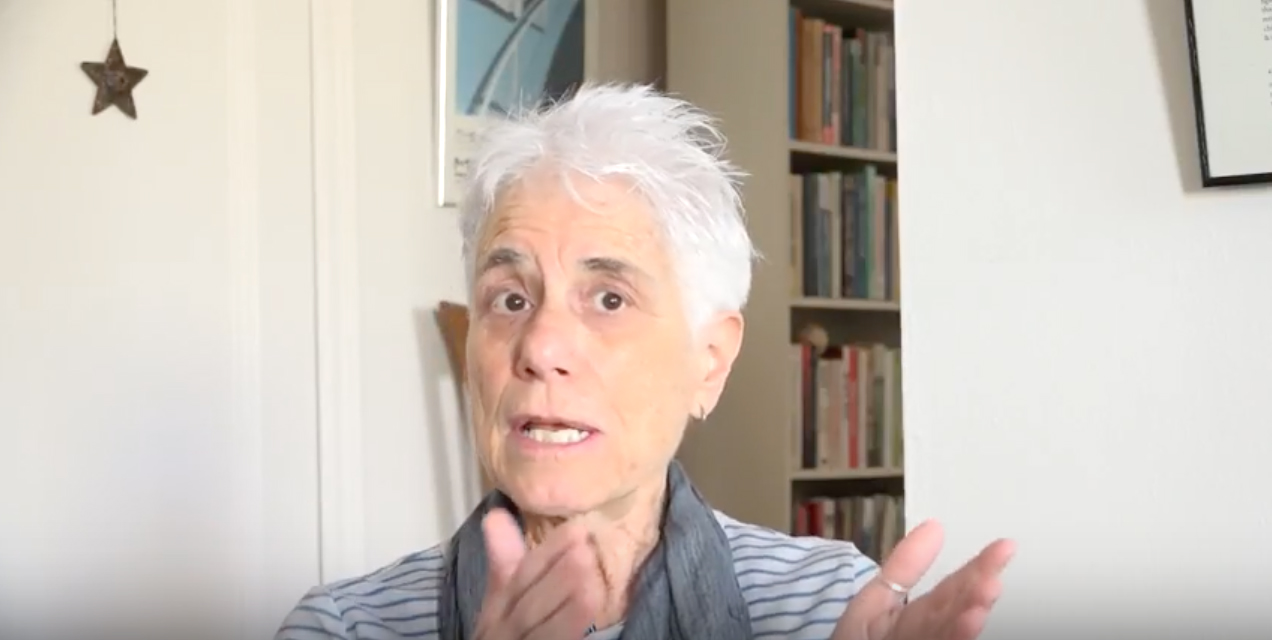
The Impacts of the PIC
Laura Whitehorn, formerly incarcerated political prisoner, organizer, Release Aging People in Prison/RAPP
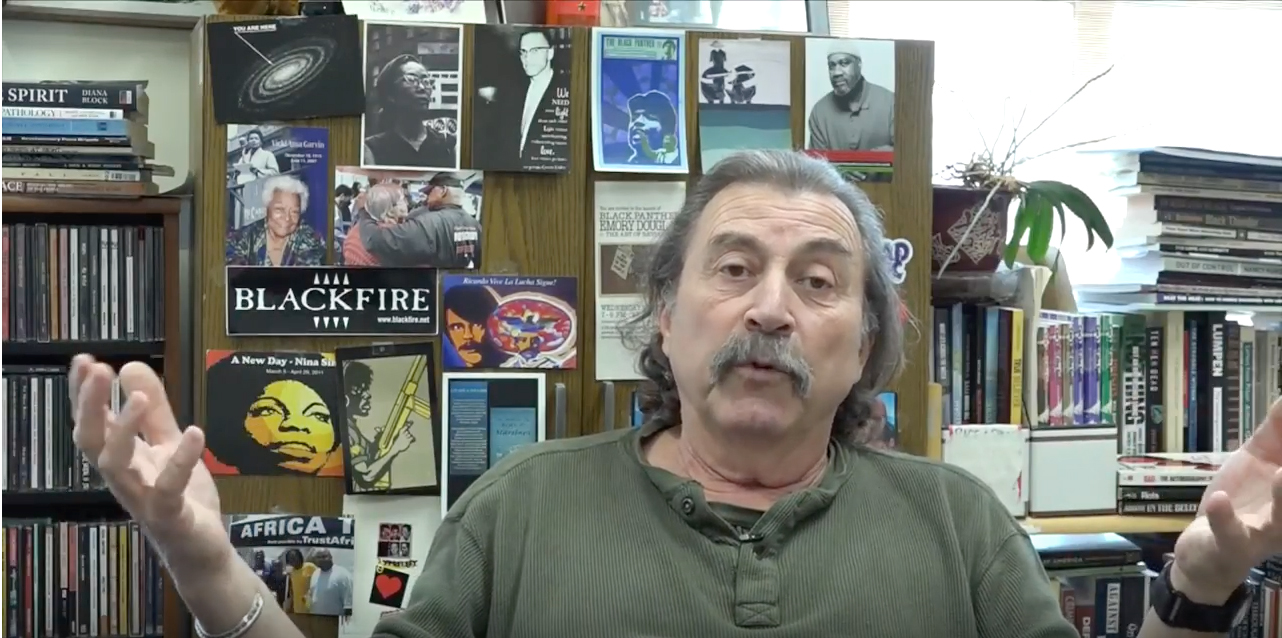
Snuffing Out Human Potential
Claude Marks, co-founder, Freedom Archives, former US held political prisoner
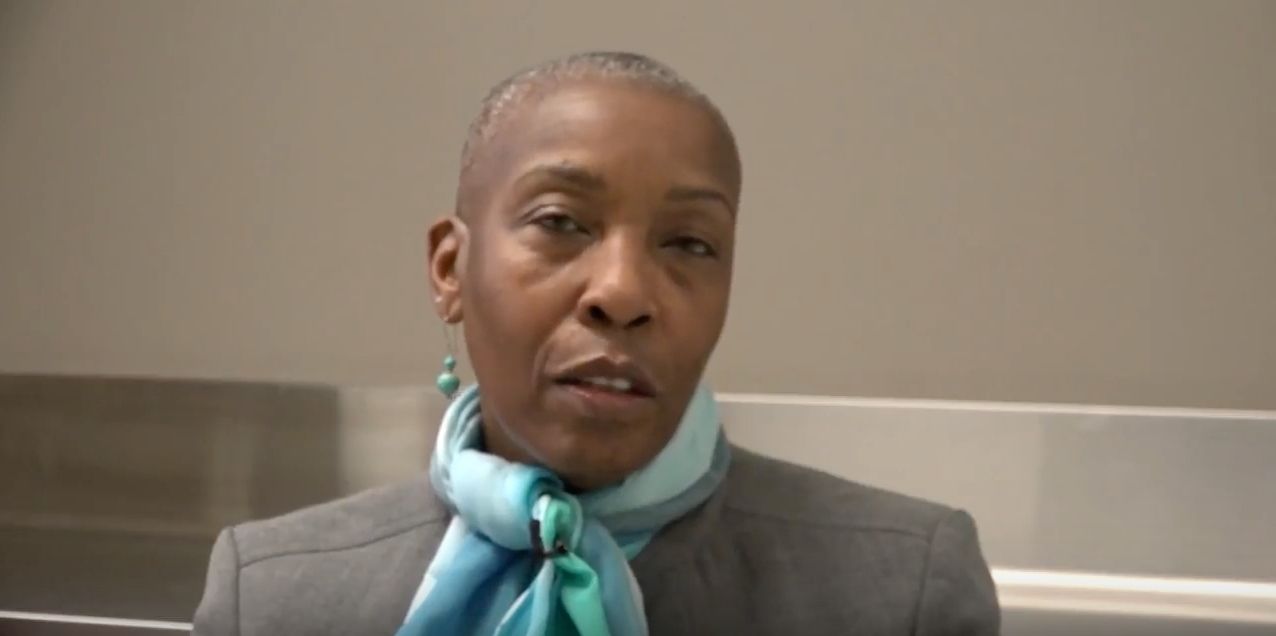
The Domino Effect
Soffiyah Elijah, executive director, Alliance of Families for Justice
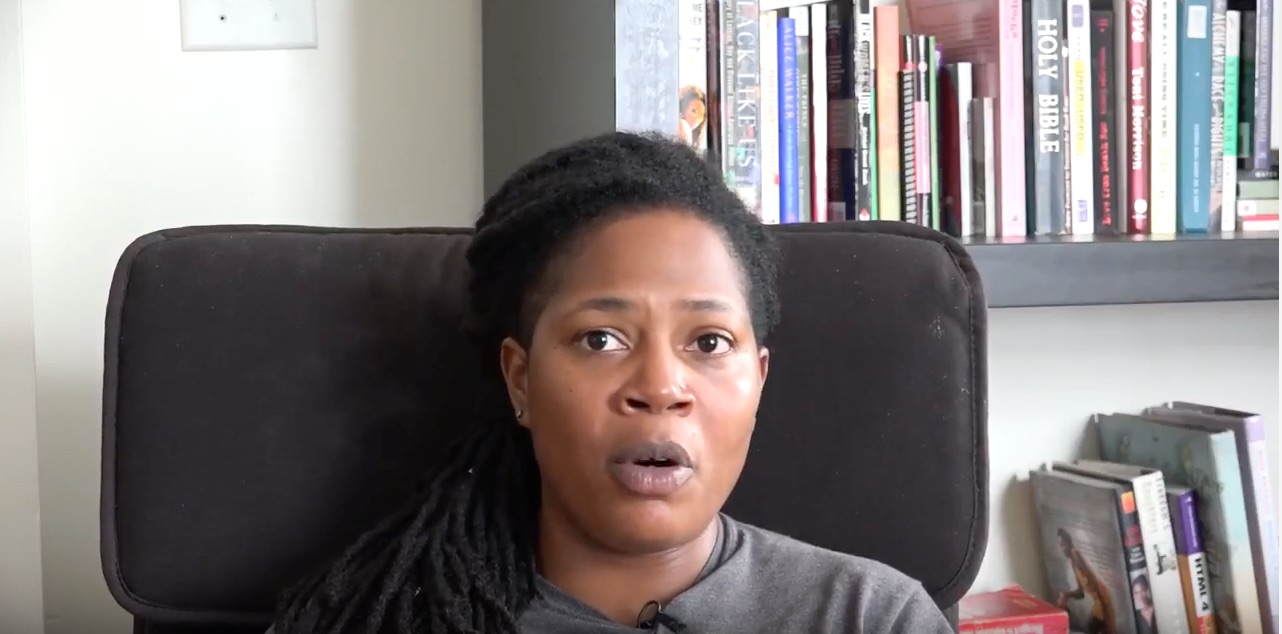
How the PIC Hits Queer and Trans Communities
Mary Hooks, Co-Director of Southerners on New Ground (SONG)
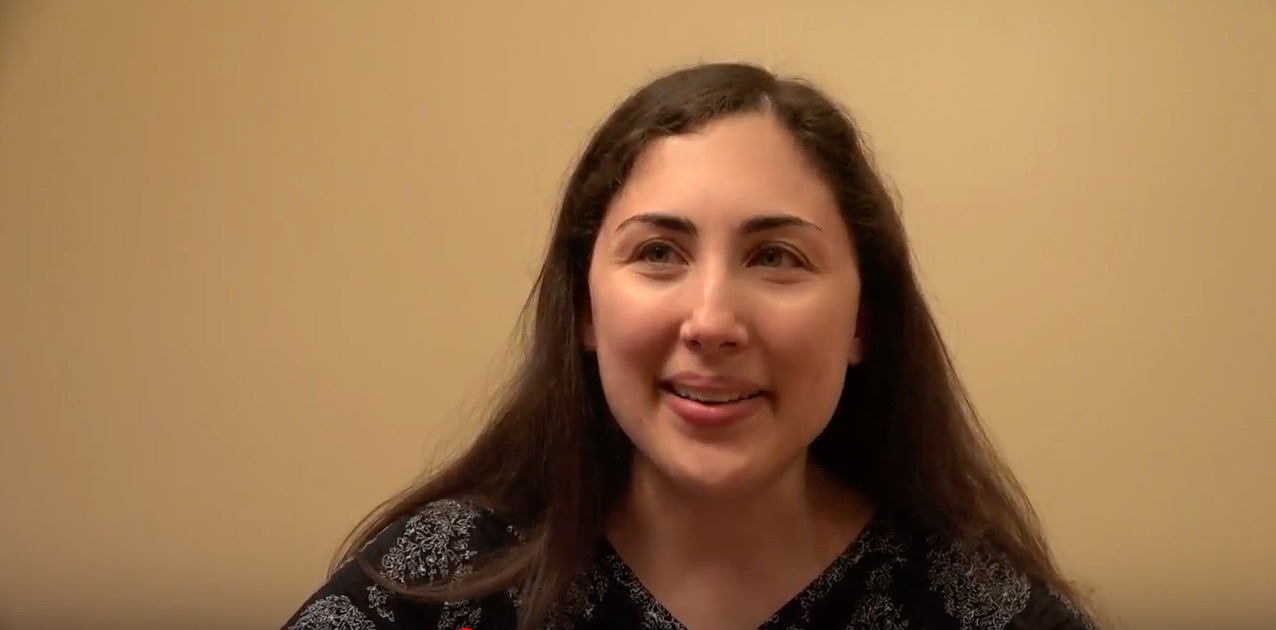
Jail Hasn't Worked for My Sister
Maya Schenwar, Editor-in-Chief of Truthout and author of “Locked Down, Locked Out: Why Prison Doesn't Work and How We Can Do Better”
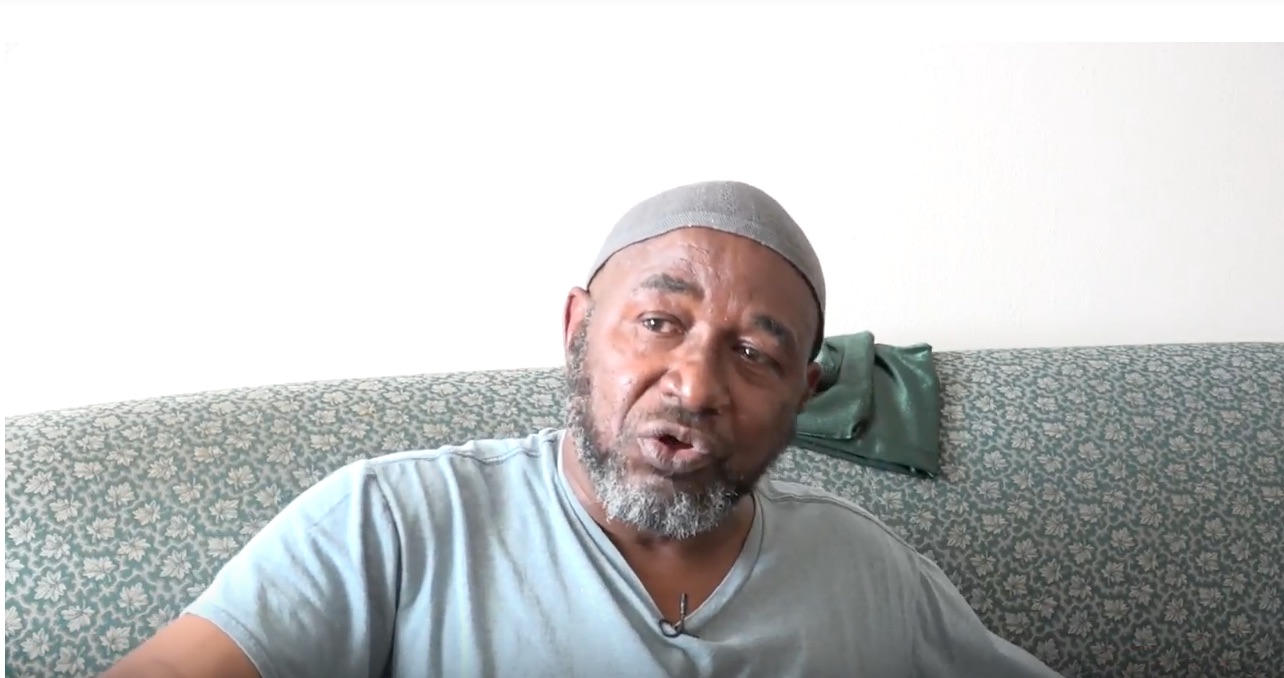
On Control Units
Masai Ehehosi, Critical Resistance
What is Policing? How Does Criminalization Work?
In this second release of videos, we dig into one aspect of the prison industrial complex: policing. Through these videos, we hope to help advance a strong, clear understanding of what policing is, its depth and how this kind of analysis can help us reject its reach and erode its power. For a definition of Policing and our Abolition of Policing workshop, go here.
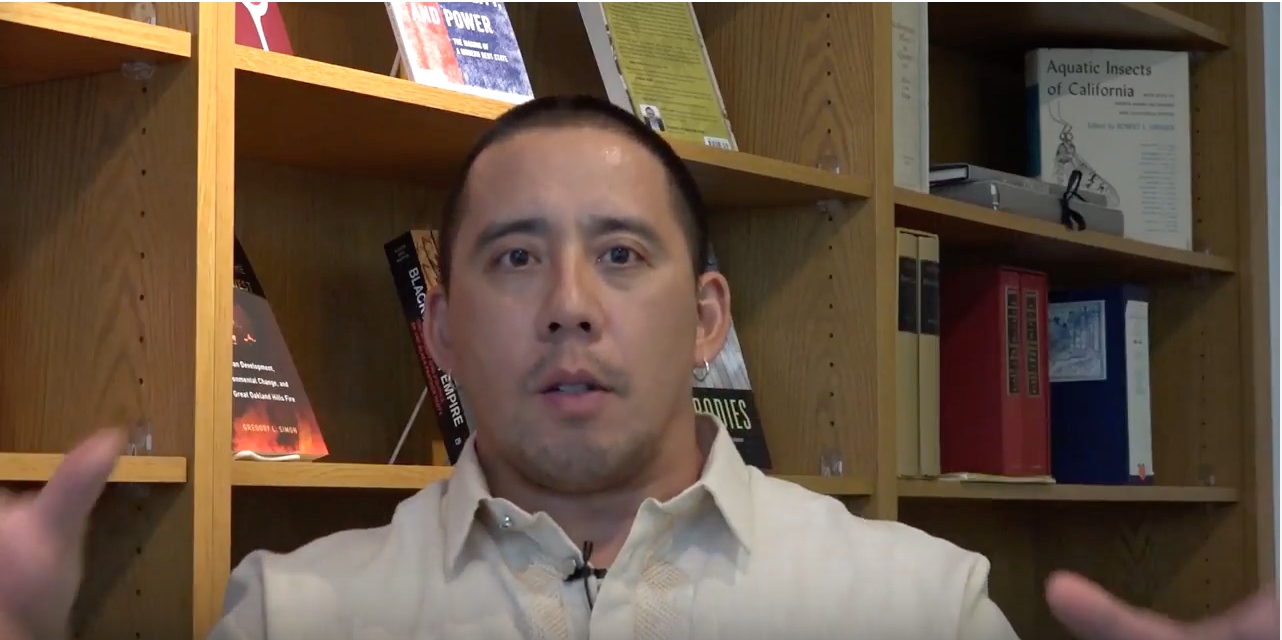
It's Not Police Brutality
Dylan Rodriguez, Professor, University of California at Riverside and founding member of Critical Resistance
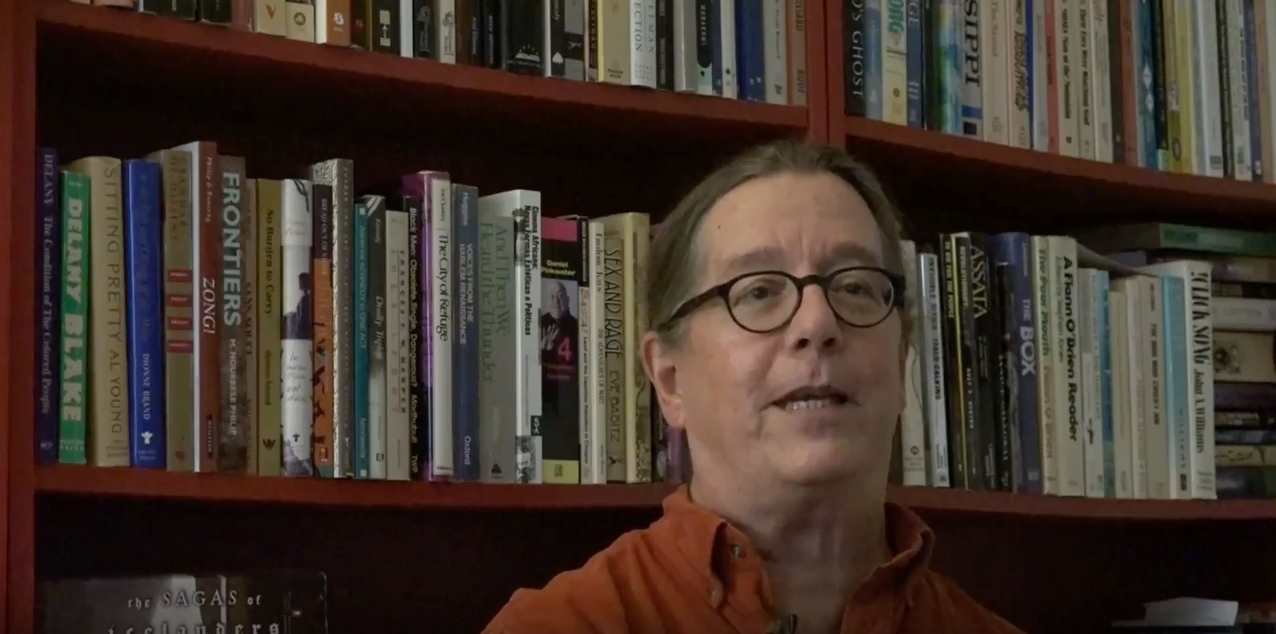
Police Killings Are the Tip of the Iceberg
Craig Gilmore, California Prison Moratorium Project
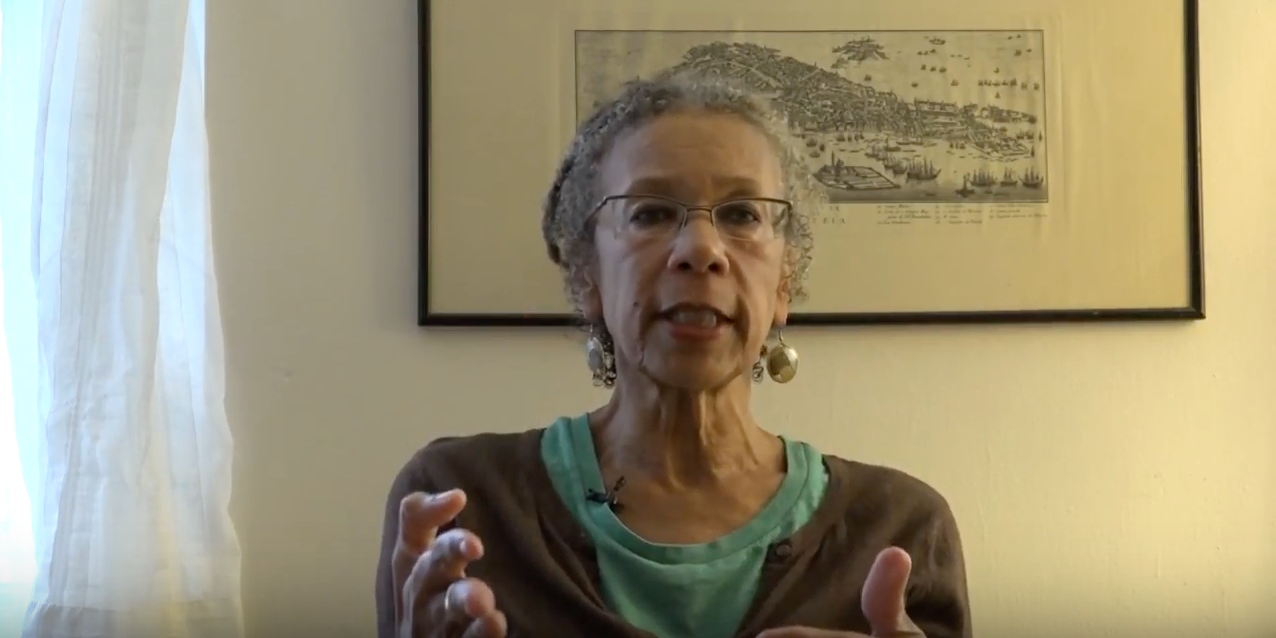
When the Prison Industrial Complex Masquerades as Social Welfare
Ruthie Gilmore, Critical Resistance 1997 Organizing Collective
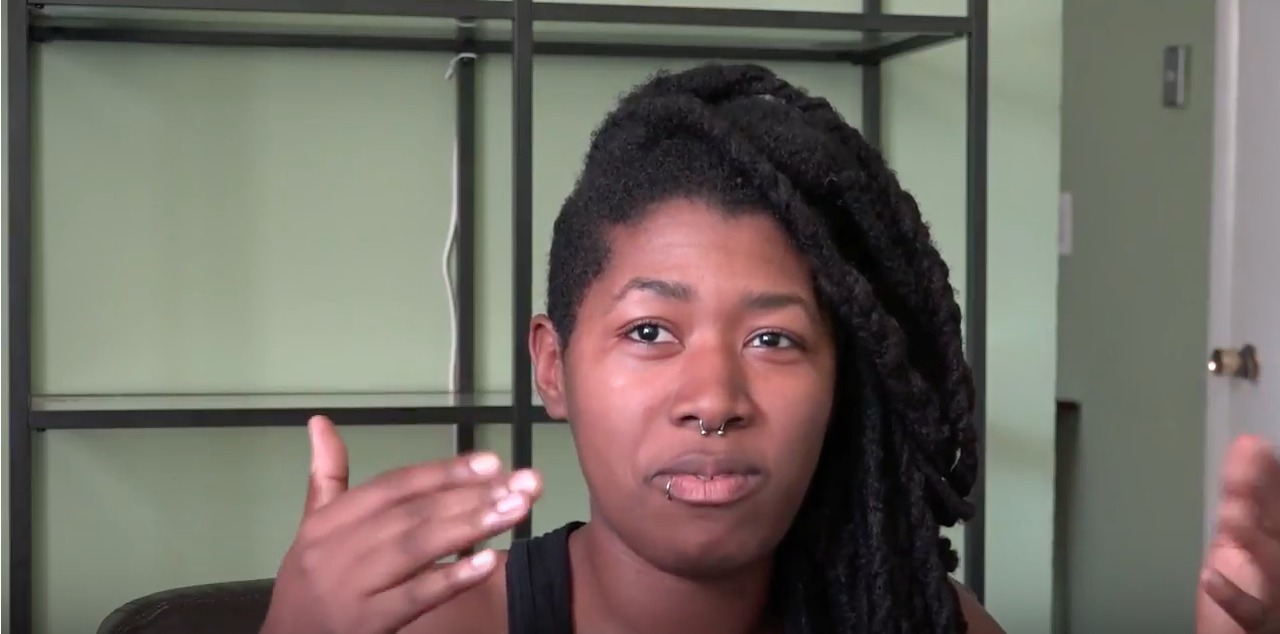
What's Wrong With Community Control of Police?
Kamau Walton, Critical Resistance
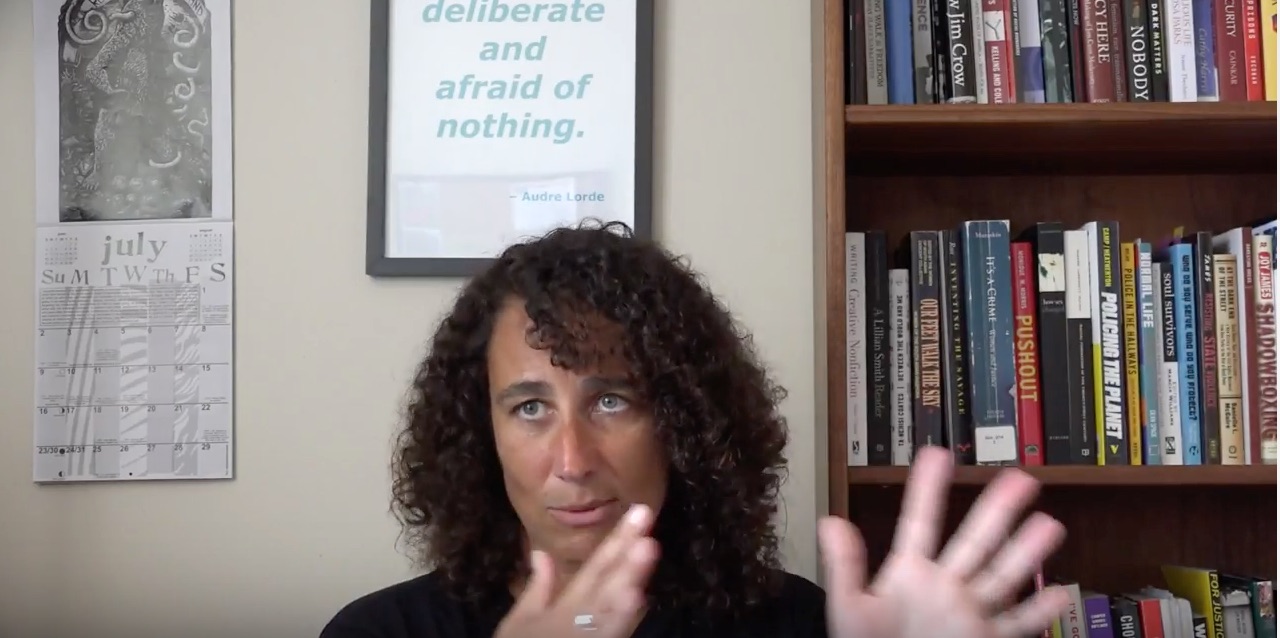
Shaping Our Trajectories
Andrea J. Ritchie, author, Invisible No More: Police Violence against Black Women and Women of Color
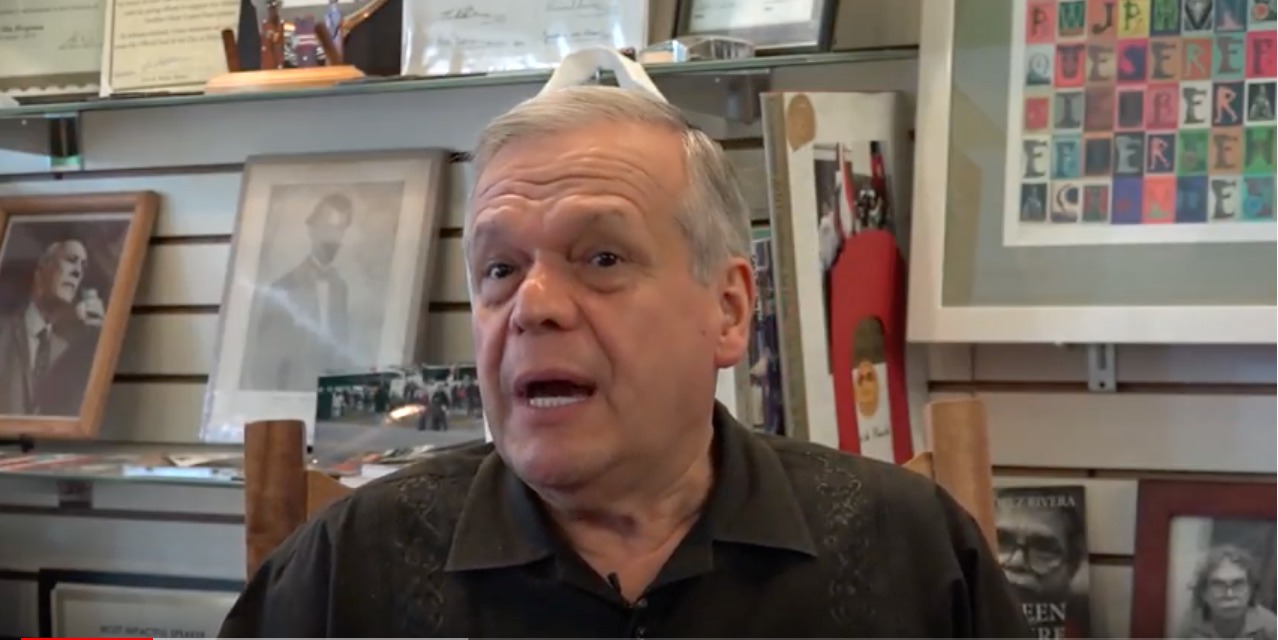
Suppressing Political Dissent
Jose E. Lopez, Puerto Rican Cultural Center
Reforms and How We Choose to Fight
Abolition is both a vision and a practical strategy. Central to abolitionist work are the many fights for non-reformist reforms— those measures that reduce the power of an oppressive system while illuminating the system’s inability to solve the crises it creates.* As we build a movement, as we work hard on campaigns and projects, we encourage strong analysis about how to chip away at the system and not create things we have to tear down later.
We hope this videos help us think critically, expansively, and optimistically about what we must fight for.
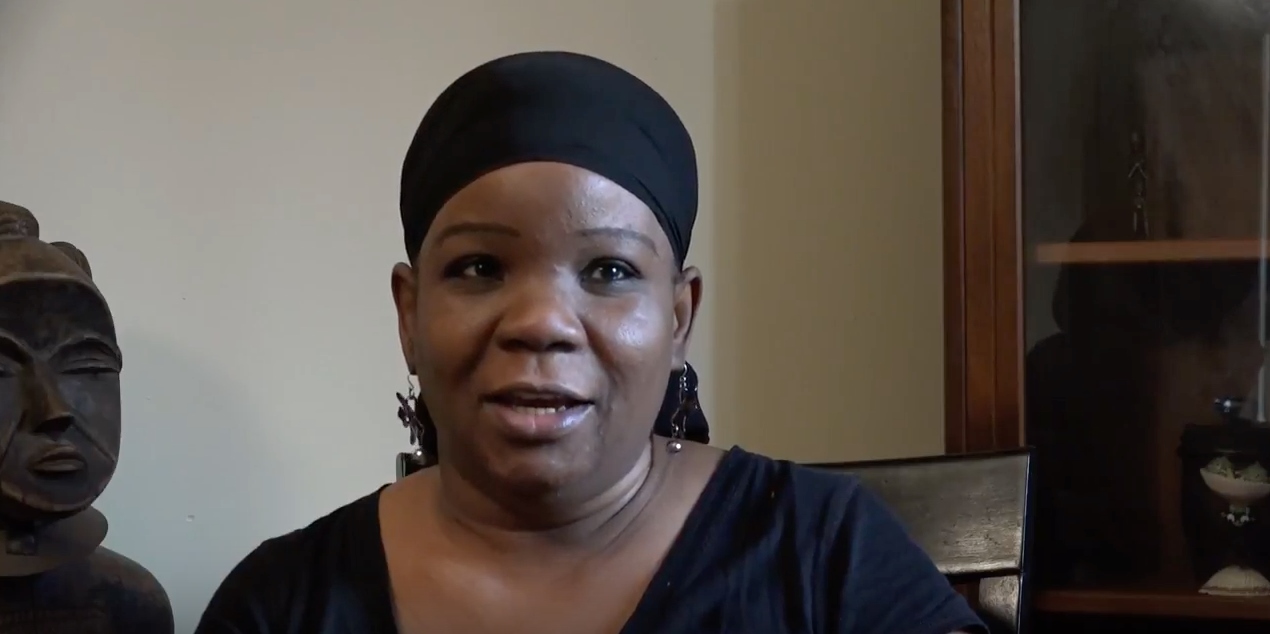
The Changing Nature of Fighting the Prison Industrial Complex
Mariame Kaba, founder, Project NIA, co-founder Survived & Punished
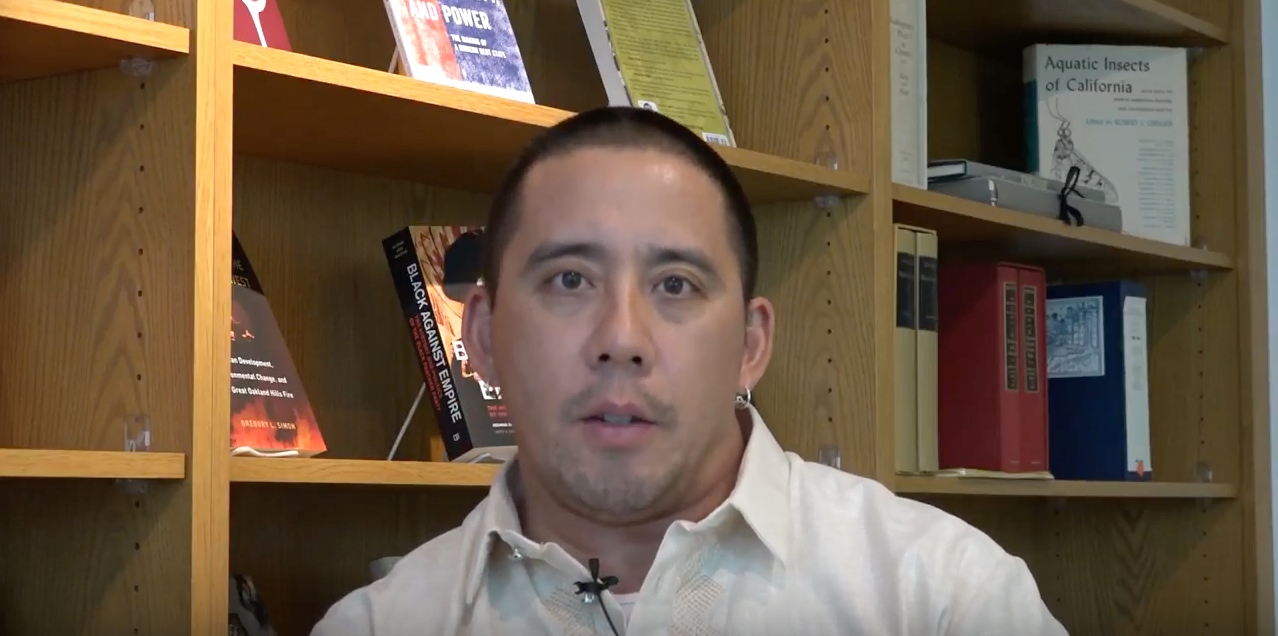
Shifting Responses to the Prison Industrial Complex
Dylan Rodriguez, Professor, University of California at Riverside and founding member of Critical Resistance
Abolition, As a Practice
How do we organize for abolition? Why is abolition practical? These videos challenge us to think of abolition as a practice and consider how to put it to use.
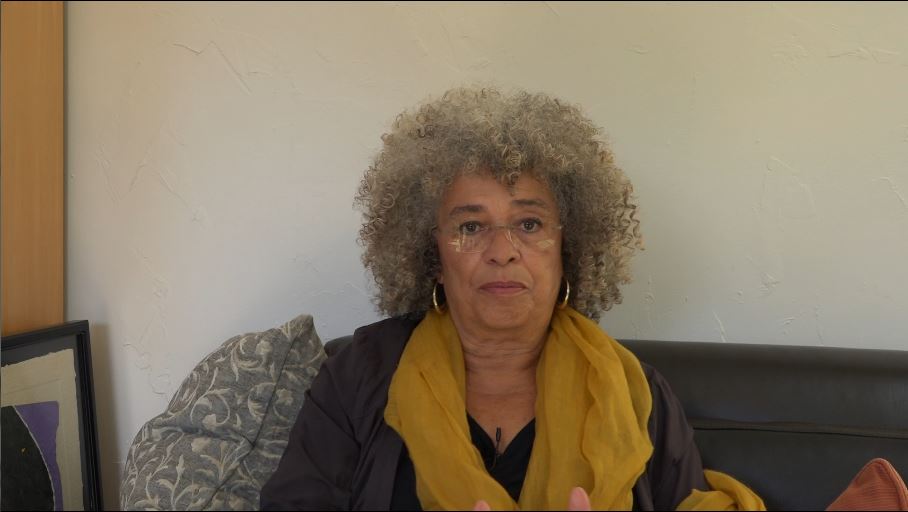
Solidarity is Not Charity
Angela Davis, Social Justice Activist and Scholar
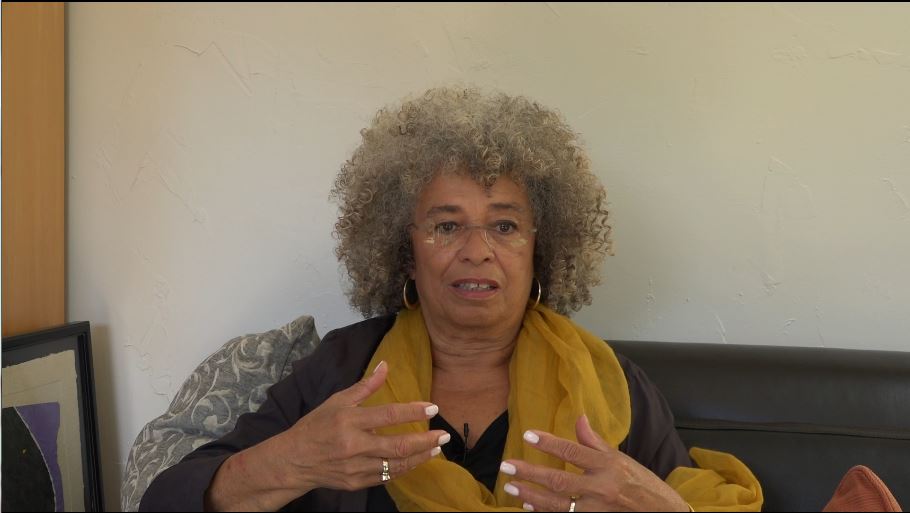
We Need Intellectuals
Angela Davis, Social Justice Activist and Scholar
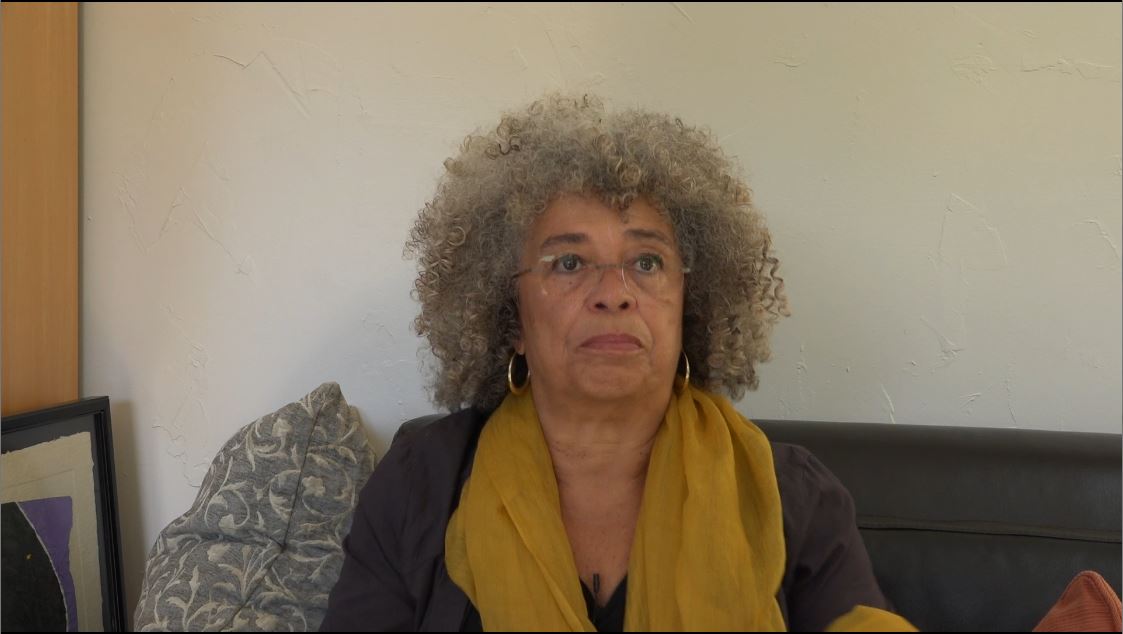
Developing New Ways of Moving Toward Revolution
Angela Davis, Social Justice Activist and Scholar
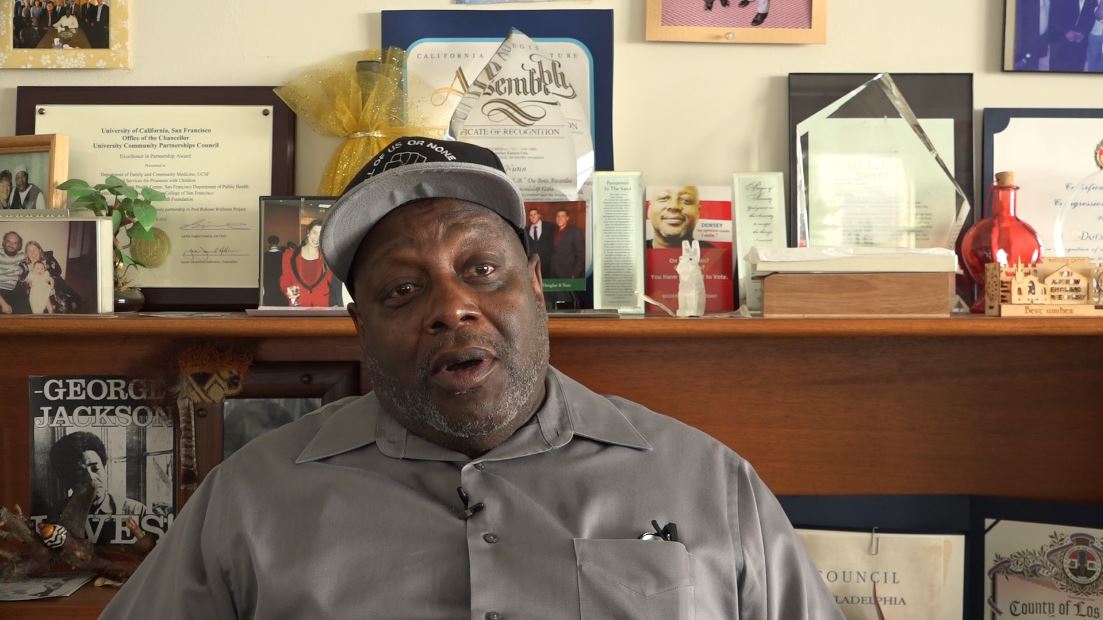
How Have You Seen the Ways that Formerly Imprisoned People are Fighting the PIC?
Dorsey Nunn, executive director, Legal Services for Prisoners with Children, member, All of Us or None
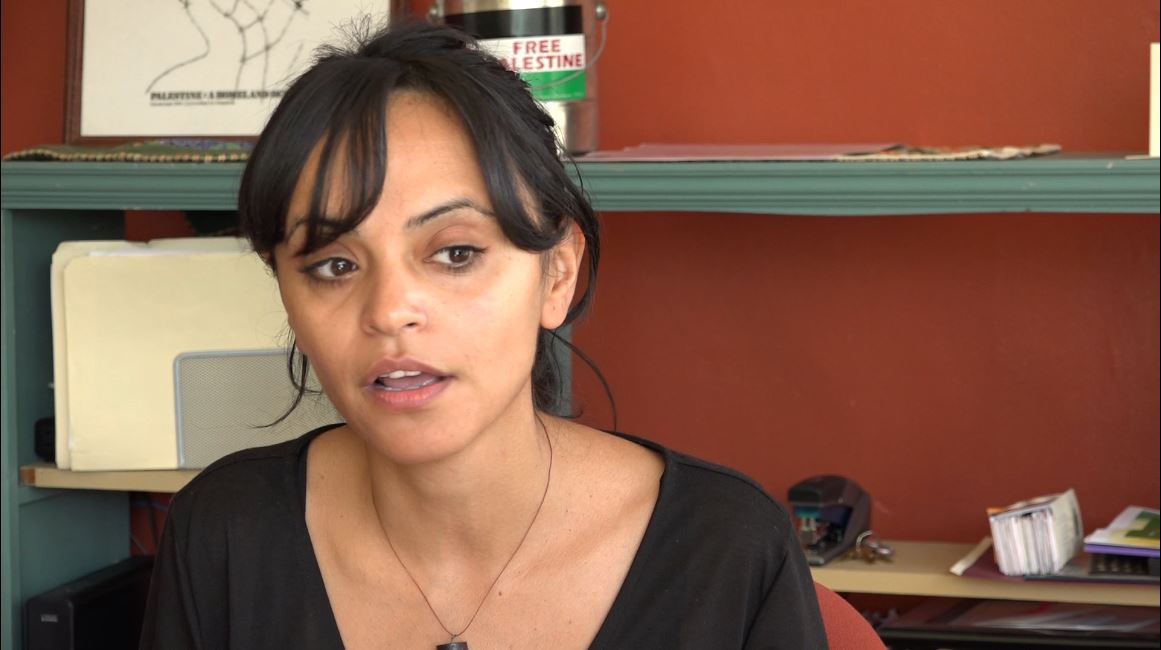
Why Does Your Organization Participate in the Stop Urban Shield Coalition?
Lara Kiswani, Arab Resource & Organizing Center
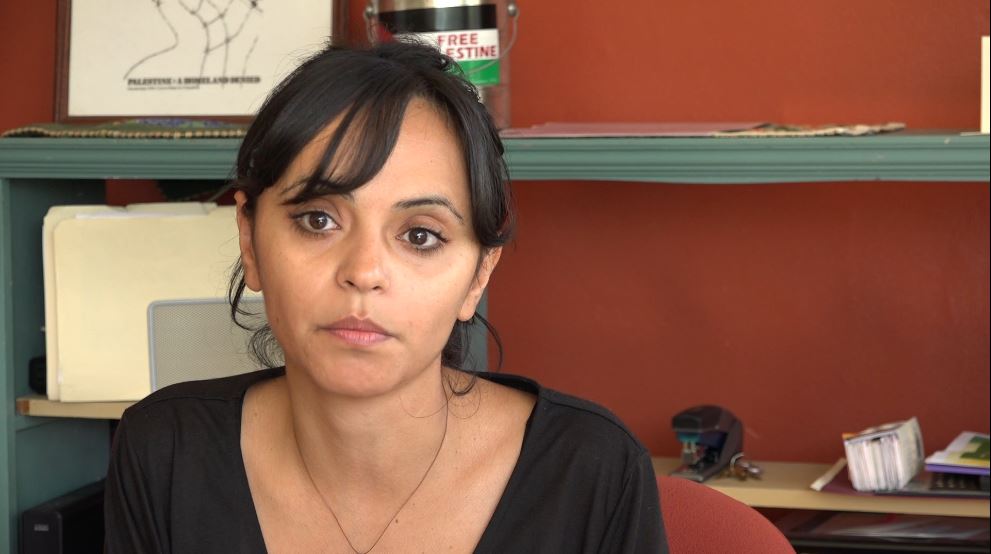
Developing New Practices to Advance Migrant Justice
Lara Kiswani, Arab Resource & Organizing Center
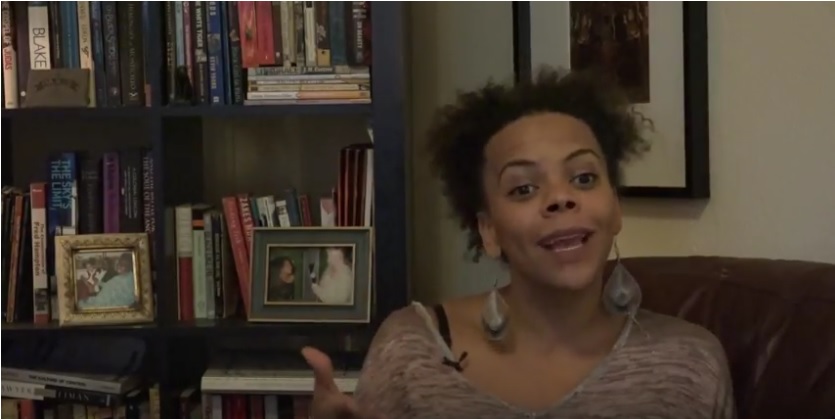
Working Across Political Differences
Marbre Stahly-Butts, Movement for Black Lives Policy Table Leadership Team
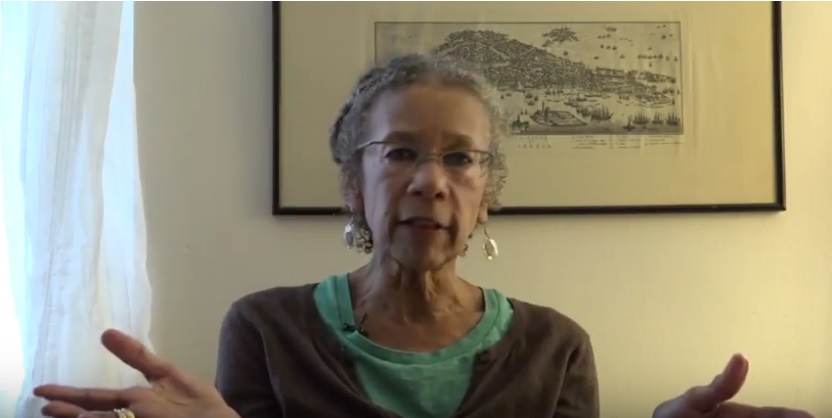
Making Common Cause
Ruthie Gilmore, Critical Resistance, 1997 Organizing Collective
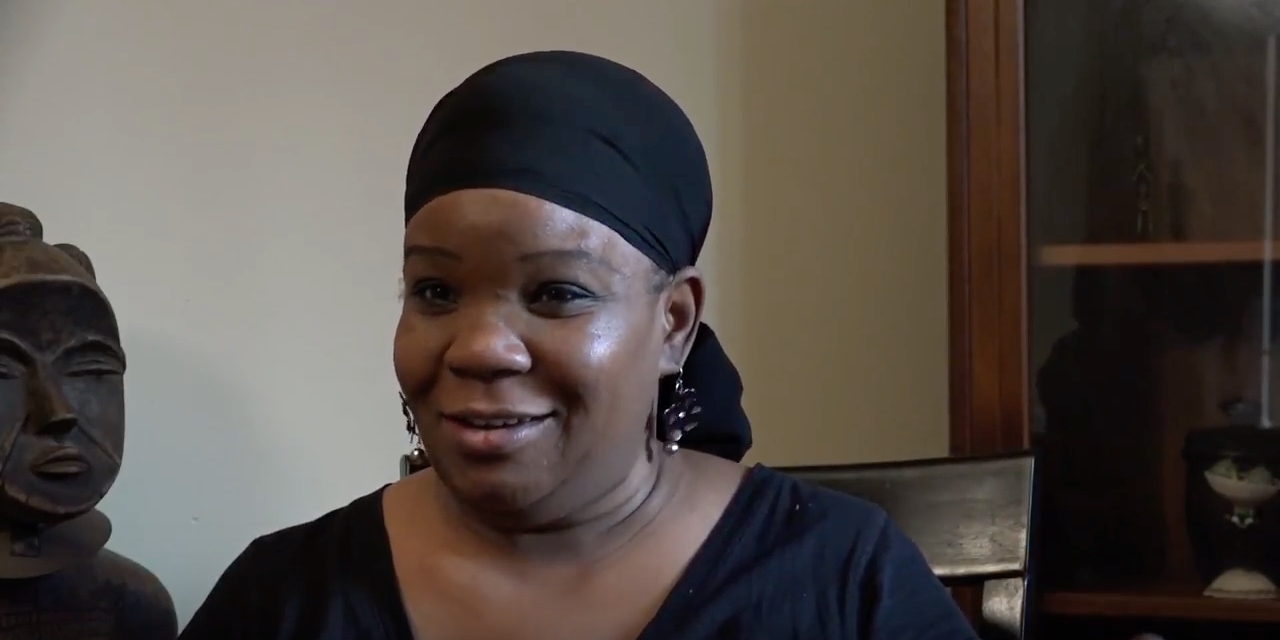
Learning Together How to Fight
Mariam Kaba, founder, Project NIA, co-founder Survived & Punished
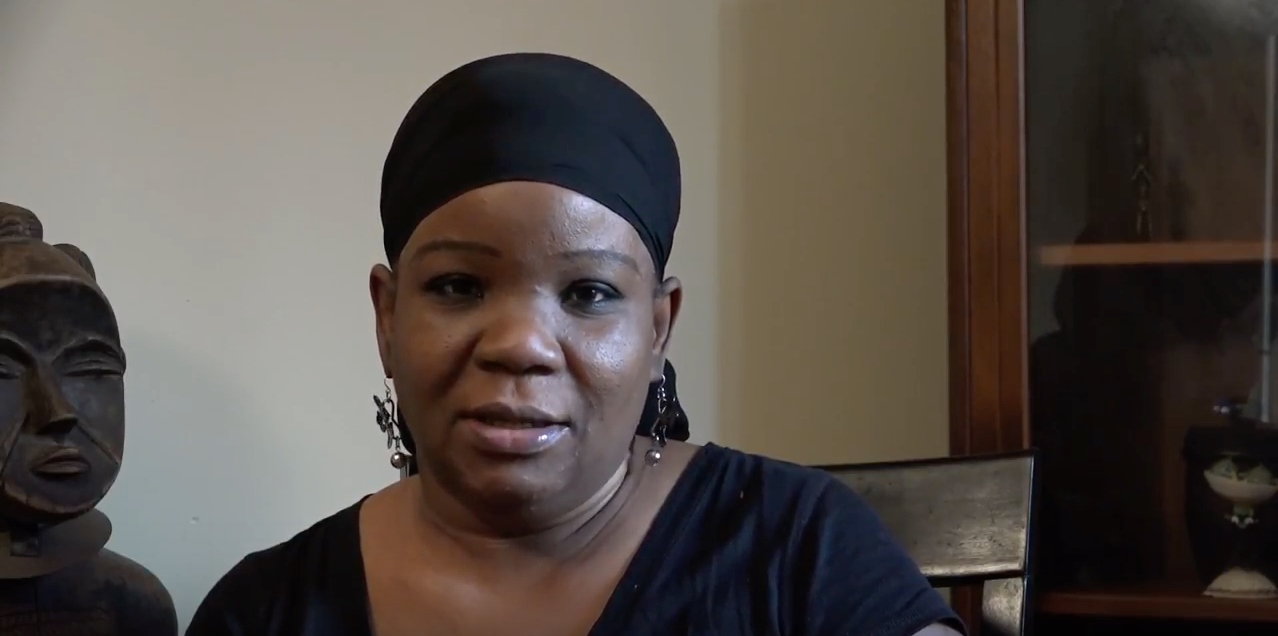
Self Defense
Mariame Kaba, founder, Project NIA, co-founder Survived & Punished
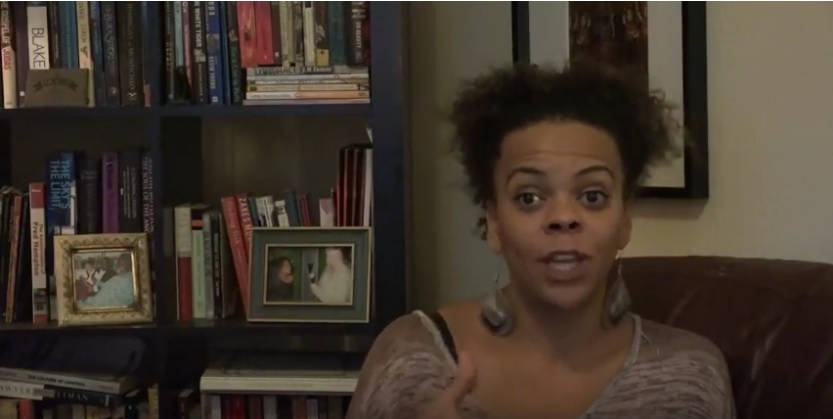
Policy Platforms as Vehicles to Fight the Prison Industrial Complex
Marbre Stahly-Butts, Movement for Black Lives Policy Table Leadership Team
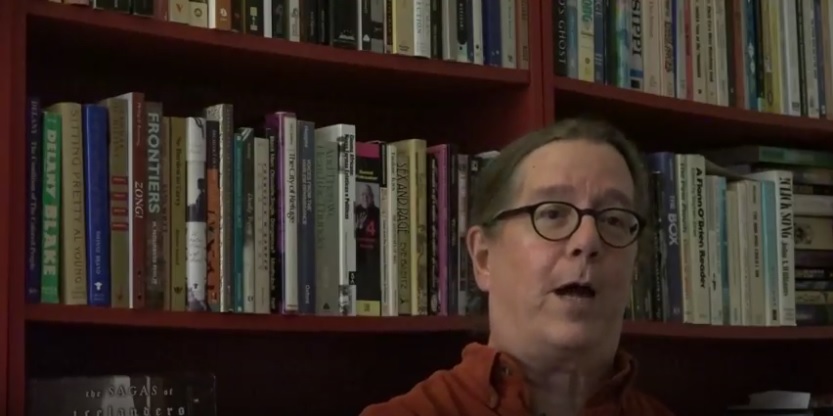
Fear of Analysis
Craig Gilmore, California Prison Moratorium Project

Building Alternatives is Everyone's Job
Andrea J. Ritchie, author, Invisible No More: Police Violence against Black Women and Women of Color

A Community Context for Fighting the PIC
Jose E. Lopez, Puerto Rican Cultural Center
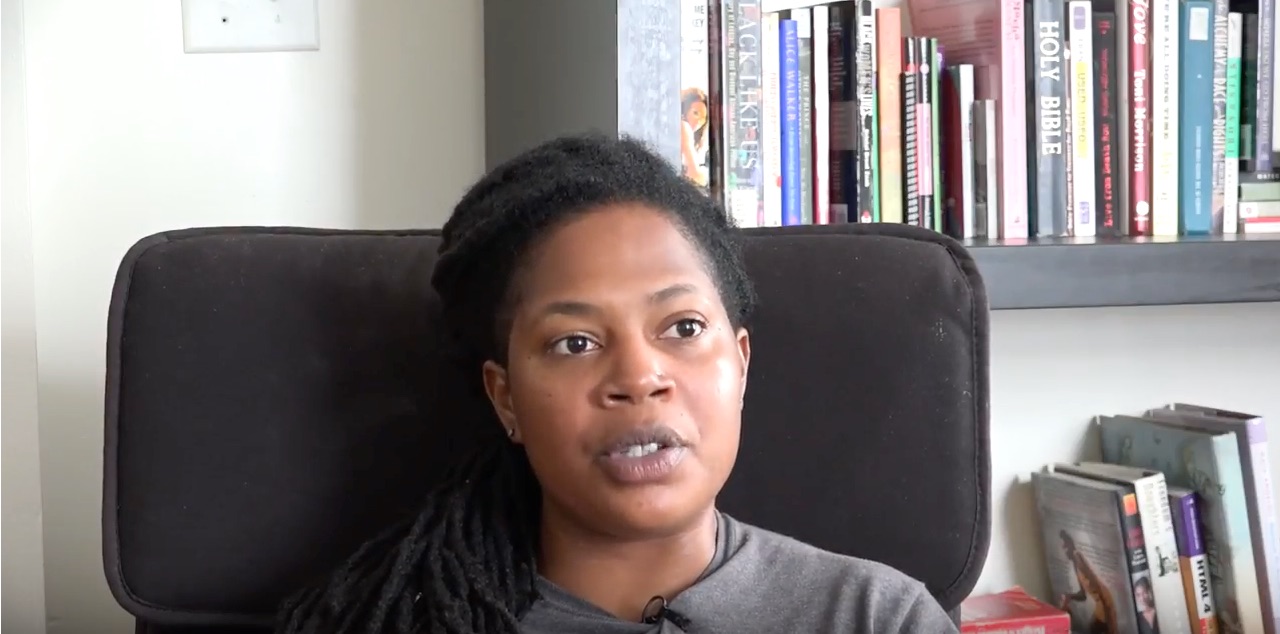
Balancing Short-Term Needs with a Long-Term Vision for Bail Reform
Mary Hooks, Co-Director of Southerners on New Ground (SONG)
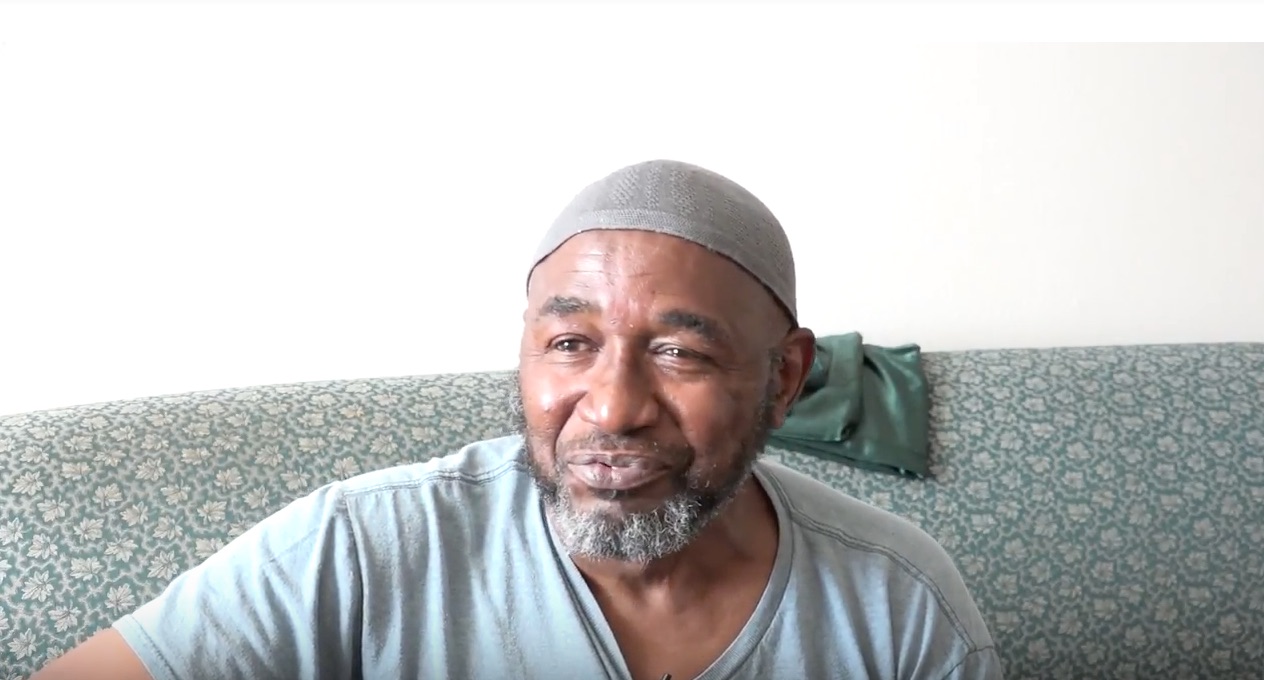
Political Education and Resistance Inside
Masai Ehehosi, Critical Resistance
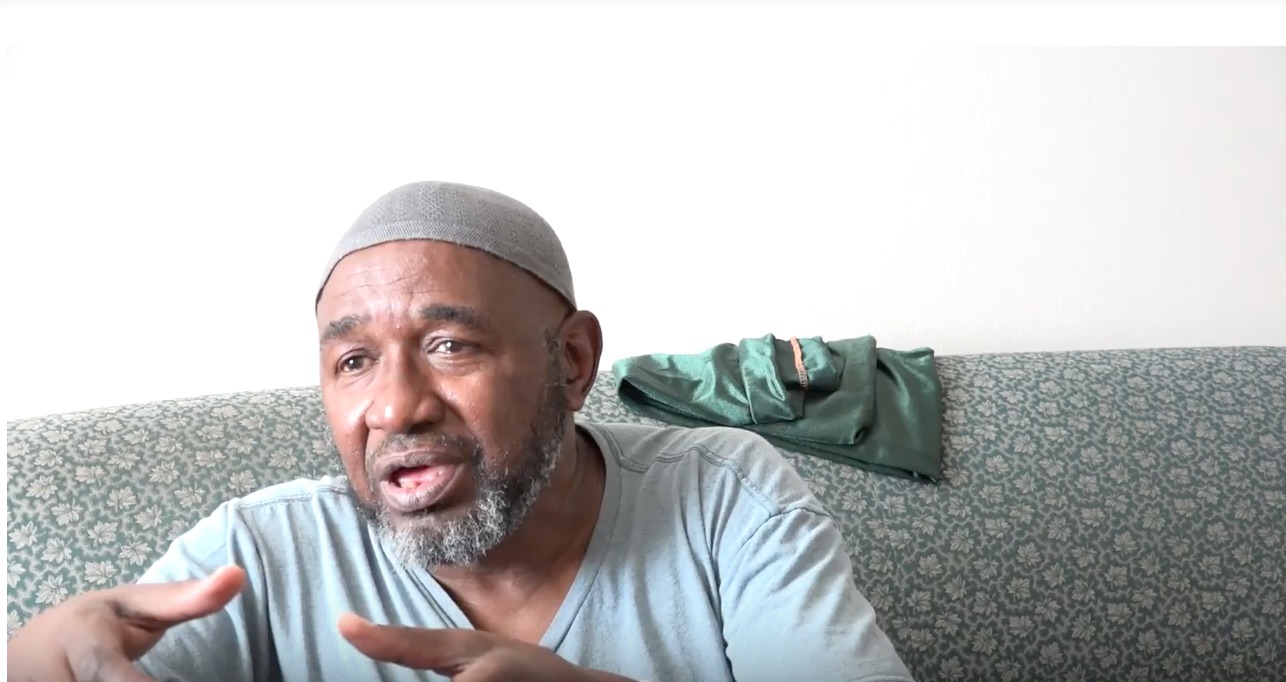
Political Prisoners and Prisoners of War
Masai Ehehosi, Critical Resistance
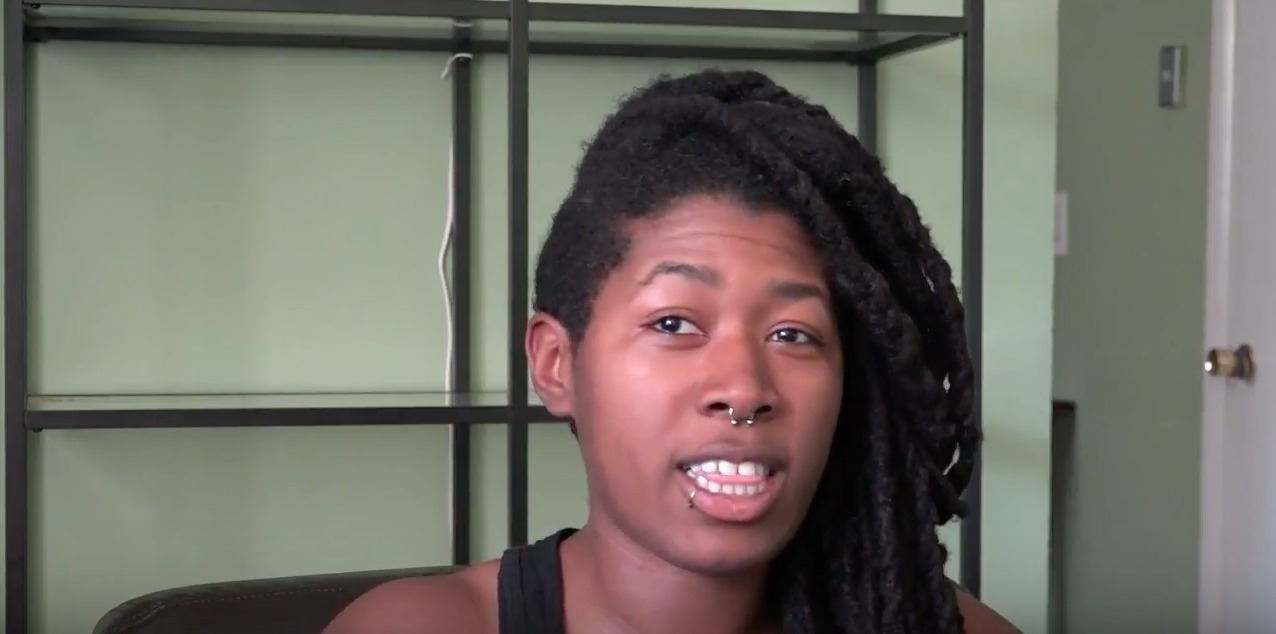
Strategy Requires Digging Deeper
Kamau Walton, Critical Resistance
Abolition as Vision
Prison Industrial Complex (PIC) abolition is a political vision with the goal of eliminating imprisonment, policing, and surveillance and creating lasting alternatives to punishment and imprisonment.
Abolition isn’t just about getting rid of buildings full of cages. It’s also about undoing the society we live in because the PIC both feeds on and maintains oppression and inequalities through punishment, violence, and controls millions of people. Because the PIC is not an isolated system, abolition is a broad strategy. An abolitionist vision means that we must build models today that can represent how we want to live in the future. It means developing practical strategies for taking small steps that move us toward making our dreams real and that lead us all to believe that things really could be different. It means living this vision in our daily lives.
Abolition is both a practical organizing tool and a long-term goal.
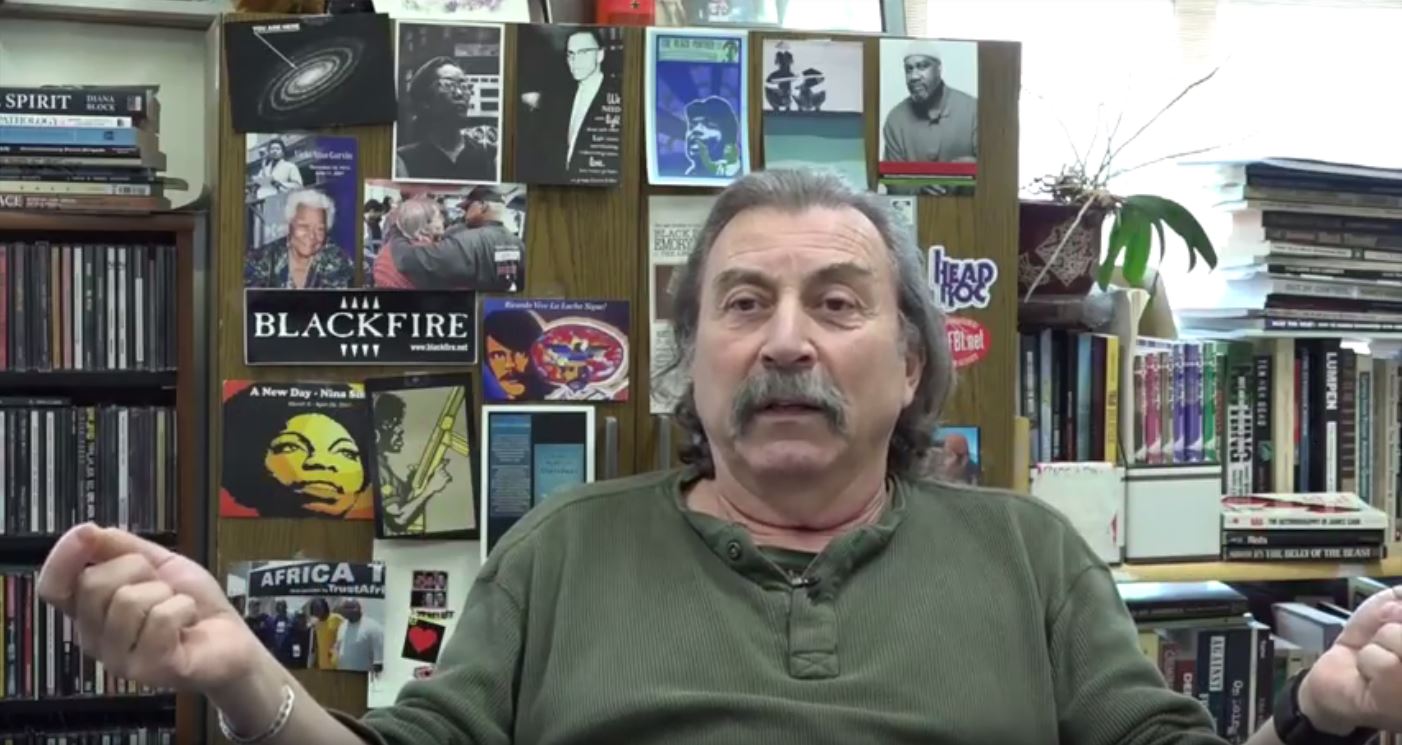
Envisioning a Different Kind of World
Claude Marks, co-founder, Freedom Archives, former US held political prisoner
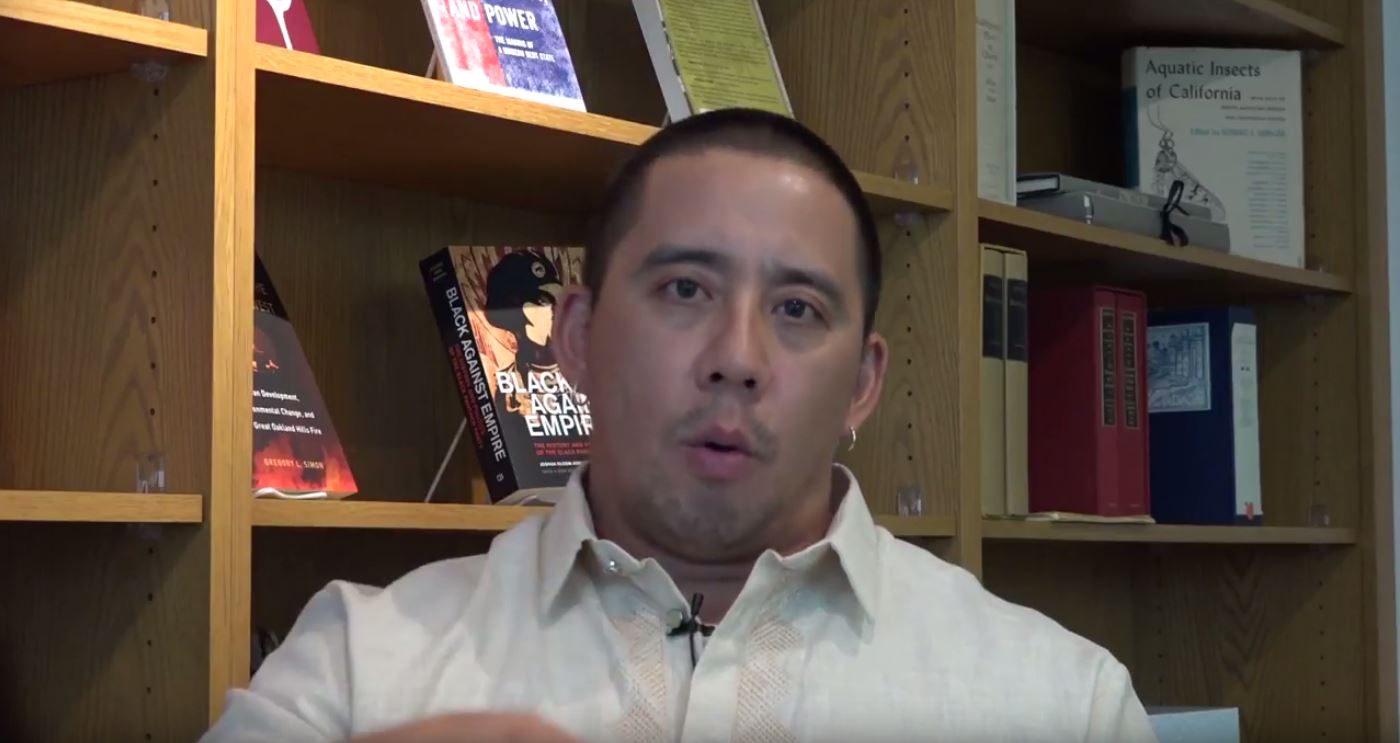
Abolition Is Our Obligation
Dylan Rodriguez, Professor, University of California at Riverside and founding member of Critical Resistance
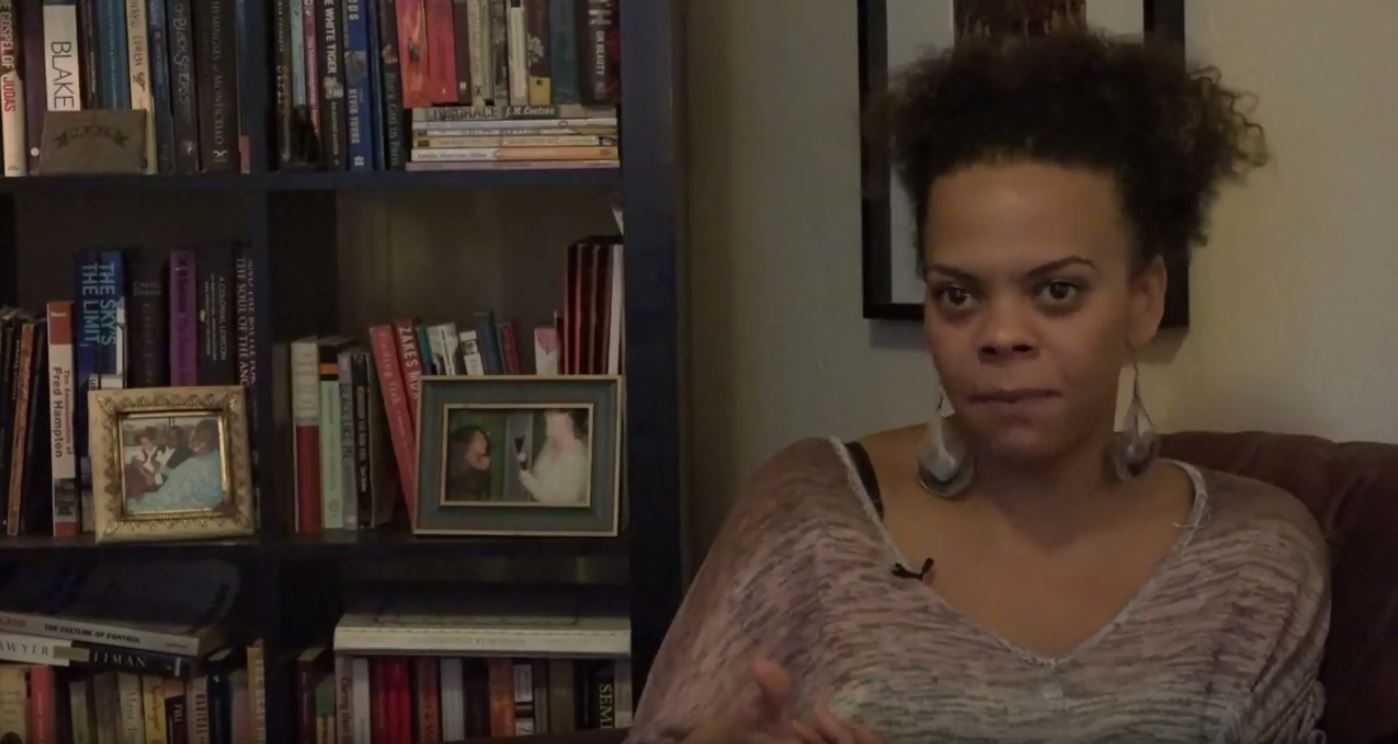
Abolishing the Prison Industrial Complex
Marbre Stahly-Butts, Movement for Black Lives Policy Table Leadership Team
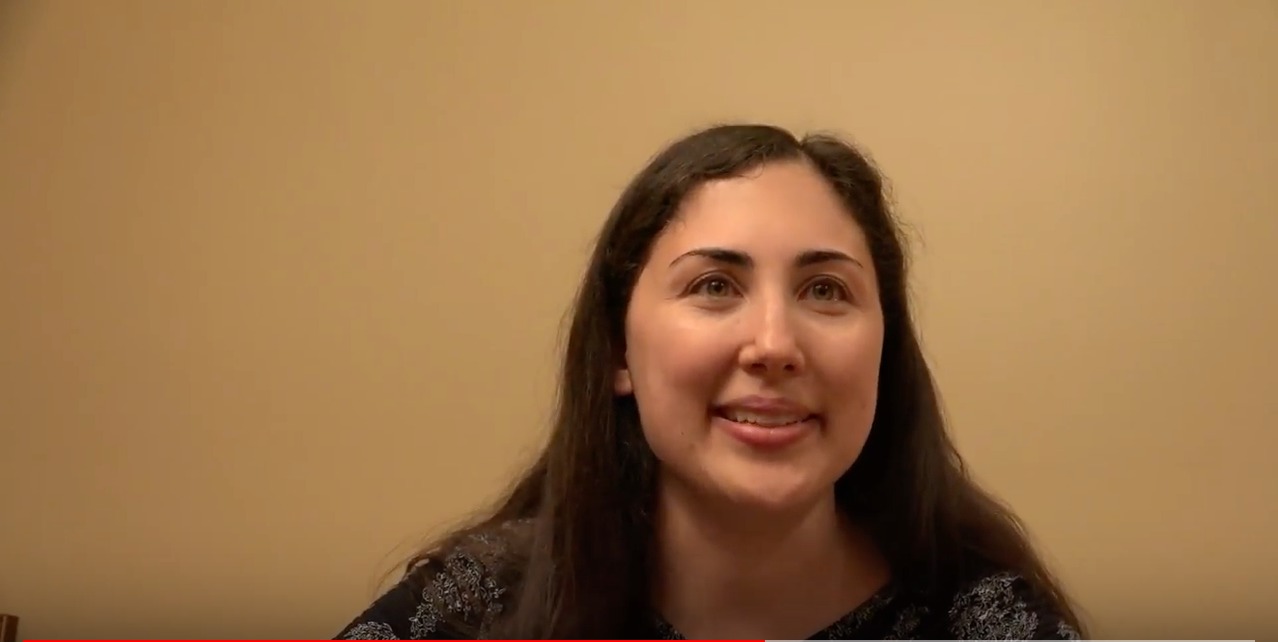
Challenging Corrections
Maya Schenwar, Editor-in-Chief of Truthout and author of “Locked Down, Locked Out: Why Prison Doesn't Work and How We Can Do Better”
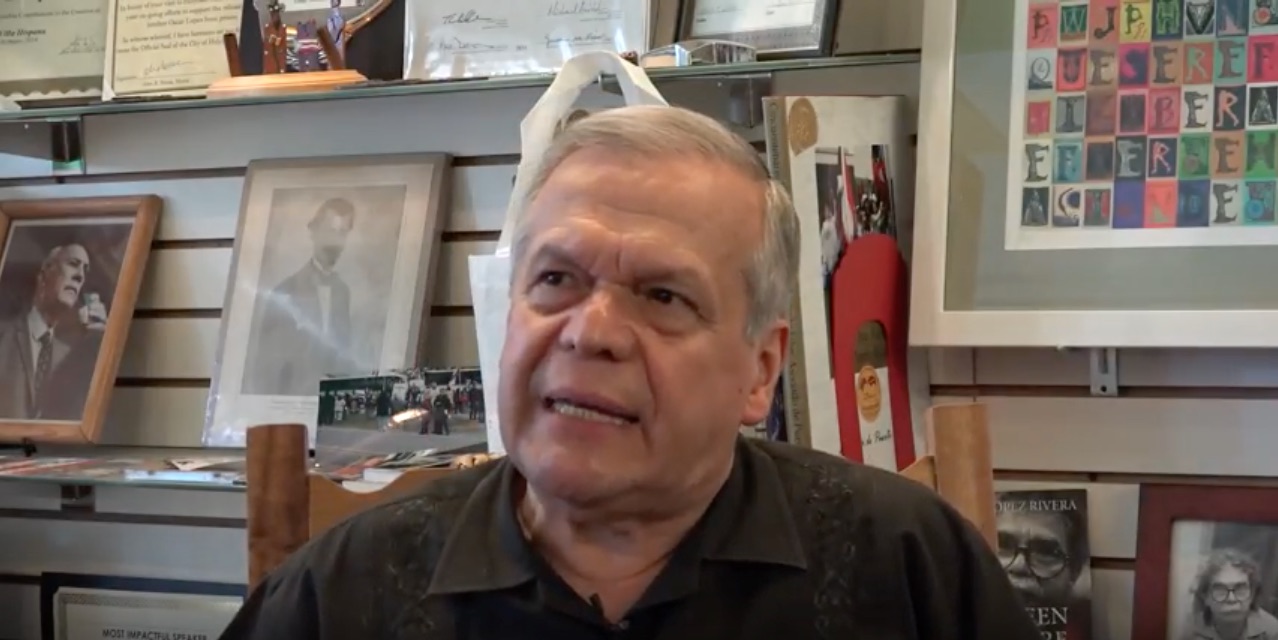
Negotiating
Jose E. Lopez, Puerto Rican Cultural Center

Rethinking the Entire System
EDIT VIDEO Alice Kim, Prison Neighborhood Arts Project
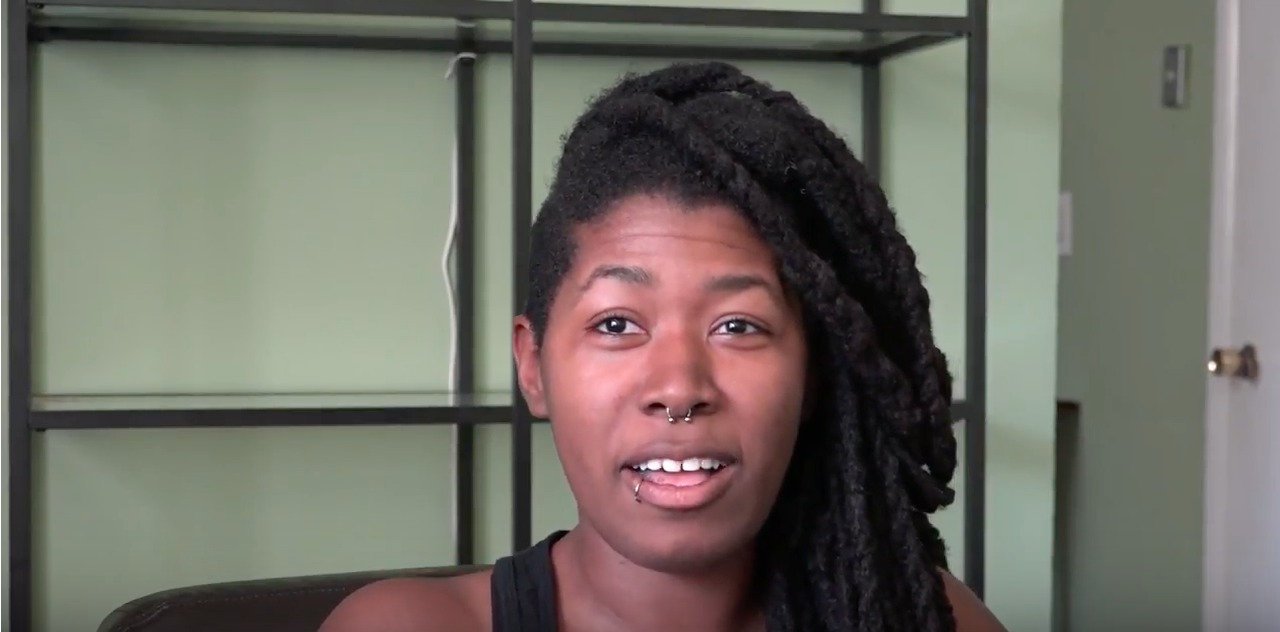
How Do We Prepare for Abolition?
Kamau Walton, Critical Resistance
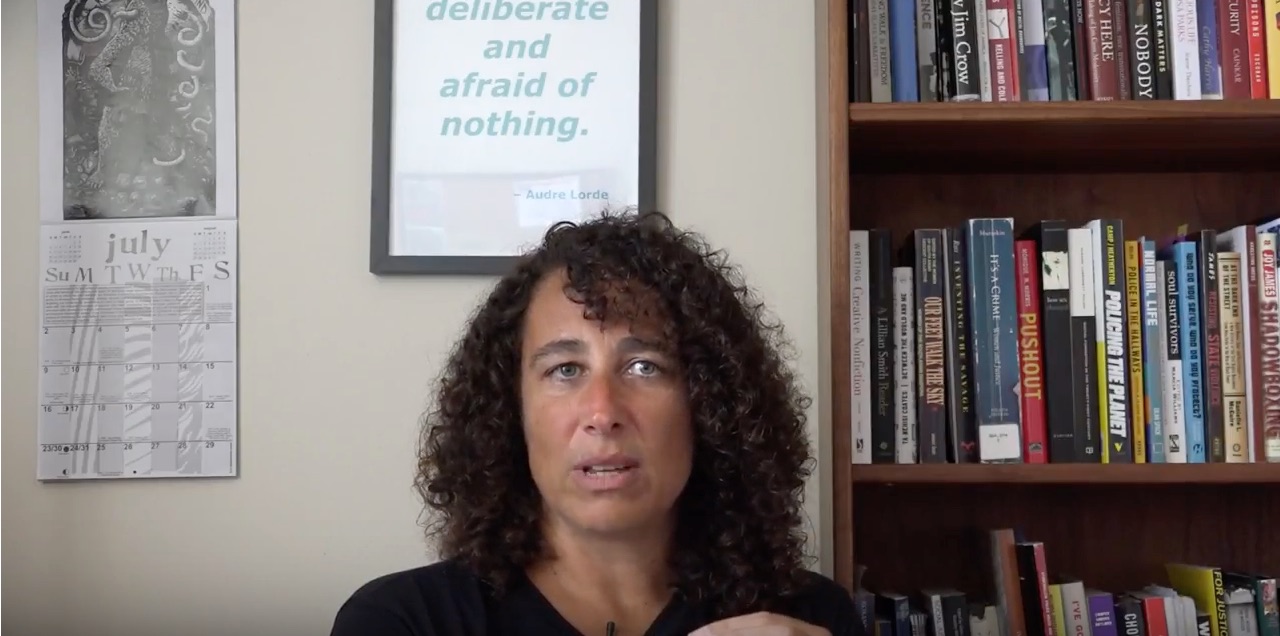
Moving Beyond Visibility
Andrea J. Ritchie, author, Invisible No More: Police Violence against Black Women and Women of Color
We look forward to releasing dozens of videos featuring conversations with Alice Kim, Andrea Ritchie, Angela Y. Davis, Charlene Caruthers, Claude Marks, Craig Gilmore, Dylan Rodriguez, Joey Mogul, Jose Lopez, Kamau Walton, Laura Whitehorn, Marbre Stahly-Butts, Mariame Kaba, Mary Hooks, Masai Ehehosi, Maya Schenwar, Ruthie Gilmore, Soffiyah Elijah, and more.
The videos in this project were filmed, produced and directed by Rachel Herzing and Isaac Ontiveros. Our deepest gratitude goes to these two former CR members and co-Directors.
